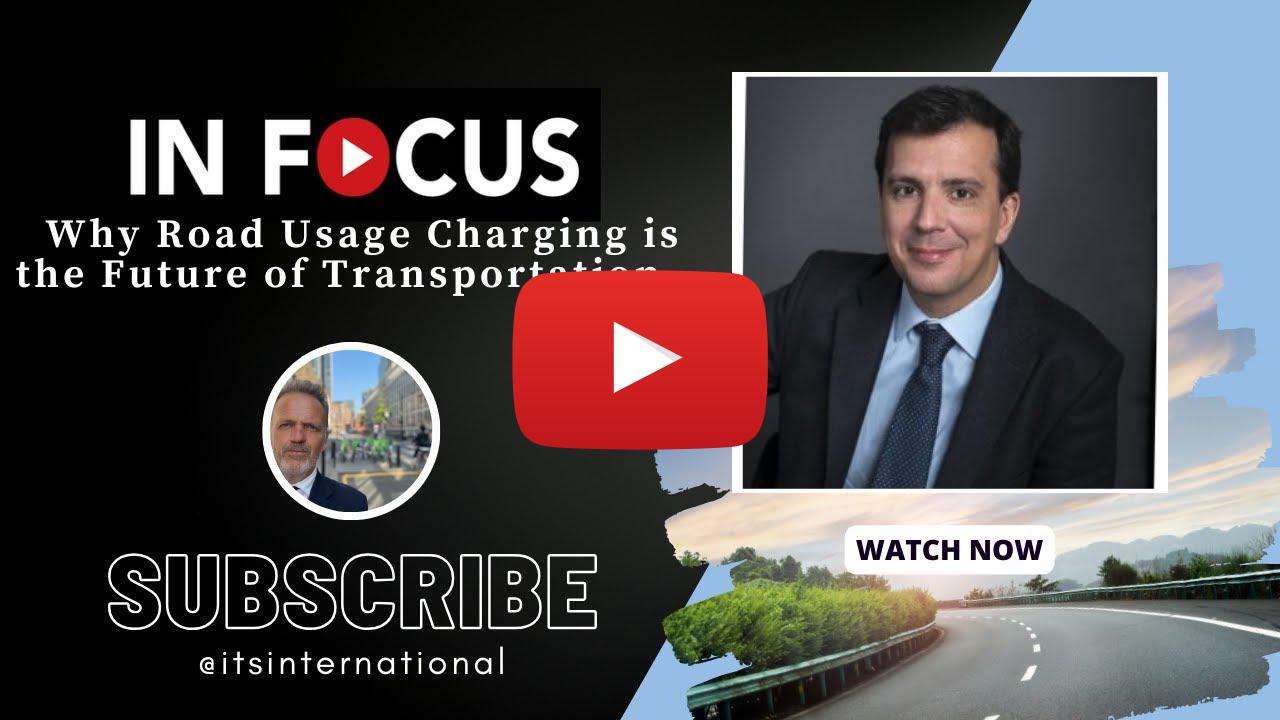The latest research published by PTOLEMUS, the Electronic Toll Collection Global Study, indicates that electronic toll collection (ETC) has recently taken a turn and is now becoming a global trend.
Debts, ageing population, reduced fuel tax revenue and above all, sharp increase in infrastructure building costs have transformed tolling from a local revenue generating scheme to a national policy applied worldwide.
In this context electronic tolling and road user charging have become recognised methods to collect tolls in an efficient, fair and sustainable way.
Today however, we are confronted by a multitude of technology standards and toll types that are not only incompatible with each other but also incompatible with the demands of our society.
The 650-pages study provides a strategic analysis of road user charging, including the drovers behind the growth of ETC in Europe and the US, together with an analysis of the business case for interoperability in Europe and the US, a step-by-step guide to select and switch between toll types and analysis of the operators’ opportunities in flow management and value added service (VAS) provision. It also demonstrates the opportunities linked to delivering tolling as part of a connected vehicle service set and provides an overview of the need for and efforts toward inter-state toll roaming with recommendations to stakeholders involved.
It also provides an electronic tolling technology analysis, with a complete assessment and neutral comparison of the toll technologies in use today worldwide, as well as analysis and comparison of the toll types and how they apply to different environment and assessment of the strategic and technical solution to interoperability and the regulatory and technology standards changes.
The report’s road charging market analysis looks at 36 countries and rates them for their potential attractiveness; it also provides a handbook of the 25 most significant stakeholders in ETC today with critical analysis and rating, as well as key trends in transportation and traffic in Europe. It also looks at the fleet management market evolution and its effect on tolling.
ETC Global Study released
The latest research published by PTOLEMUS, the Electronic Toll Collection Global Study, indicates that electronic toll collection (ETC) has recently taken a turn and is now becoming a global trend.
September 17, 2015
Read time: 2 mins










